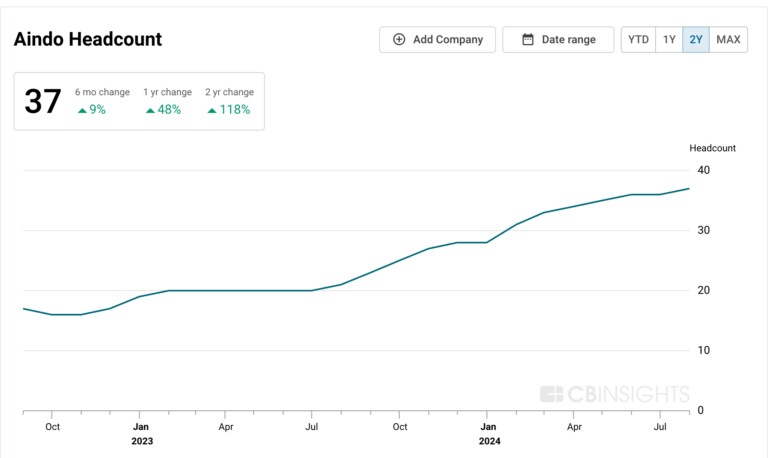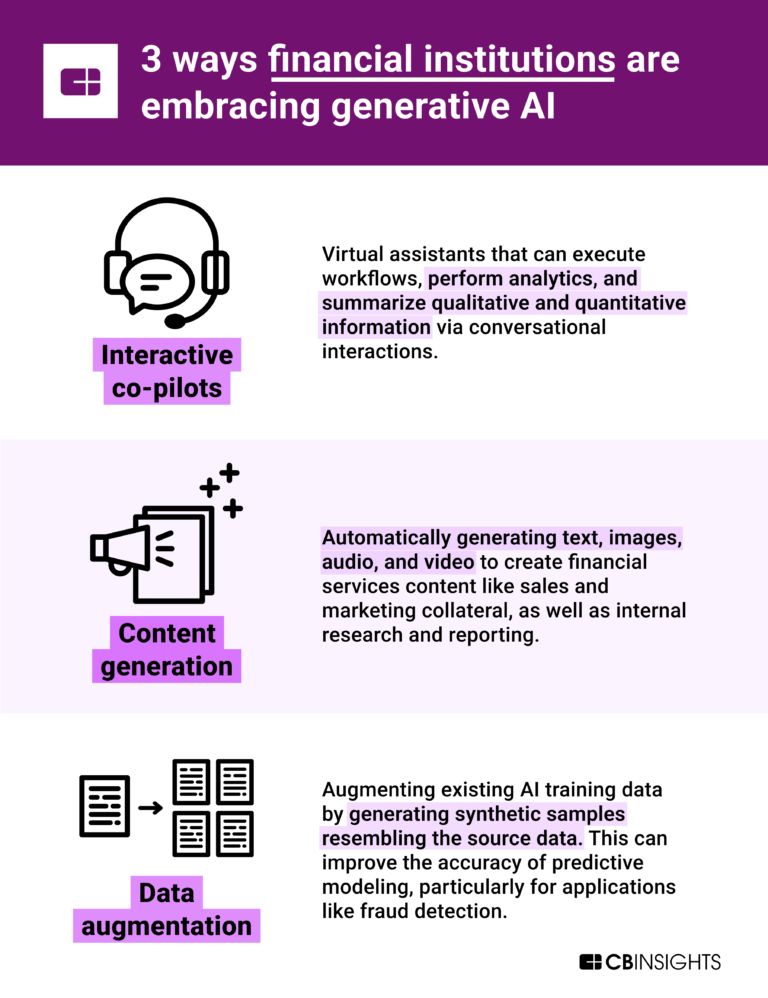
Gretel
Founded Year
2020Stage
Acquired | AcquiredTotal Raised
$65.5MAbout Gretel
Gretel is a company that provides a synthetic data platform for artificial intelligence applications across various industries. The company generates synthetic datasets, transforms data quality, and supports the training of AI models while maintaining privacy. Gretel serves sectors that require data privacy and security, including finance, healthcare, and the public sector. It was founded in 2020 and is based in San Diego, California. In March 2025, Gretel was acquired by NVIDIA.
Loading...
Gretel's Product Videos
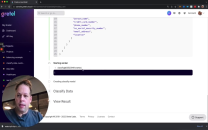

ESPs containing Gretel
The ESP matrix leverages data and analyst insight to identify and rank leading companies in a given technology landscape.
The synthetic training data — tabular & text market focuses on identifying key patterns in tabular and text-based datasets — such as patient health records or customer purchase histories — to generate new, anonymous datasets that retain the key properties of the originals. The anonymity of synthetic data enables secure and compliant collaboration. The market is driven by the increasing demand for …
Gretel named as Leader among 15 other companies, including Tonic AI, Facteus, and Howso.
Gretel's Products & Differentiators
Gretel Synthetics
The most advanced privacy API for synthetic data. Apply differentially private learning to create highly accurate, synthetic data with enhanced privacy guarantees.
Loading...
Research containing Gretel
Get data-driven expert analysis from the CB Insights Intelligence Unit.
CB Insights Intelligence Analysts have mentioned Gretel in 9 CB Insights research briefs, most recently on Mar 26, 2025.
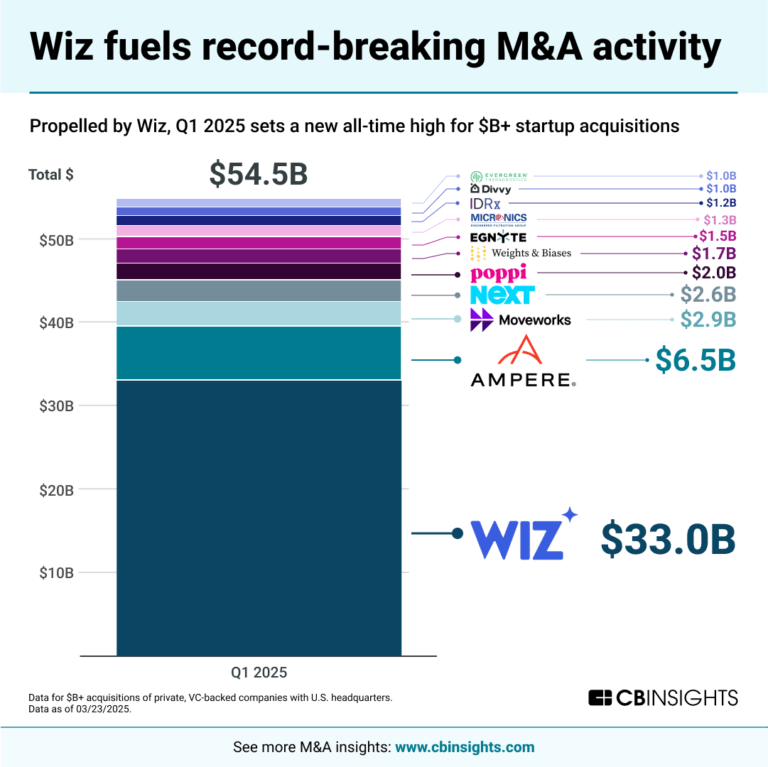
Mar 26, 2025
Nvidia’s next big bet? Physical AI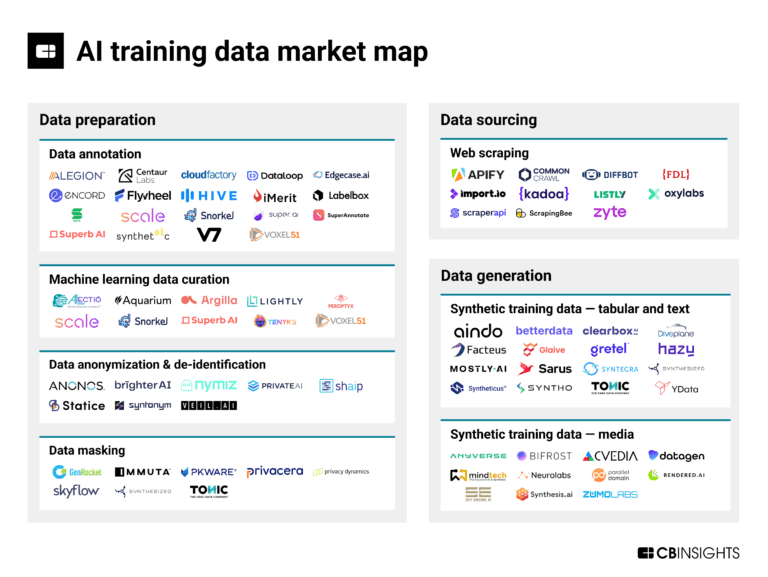
Feb 20, 2024
The AI training data market map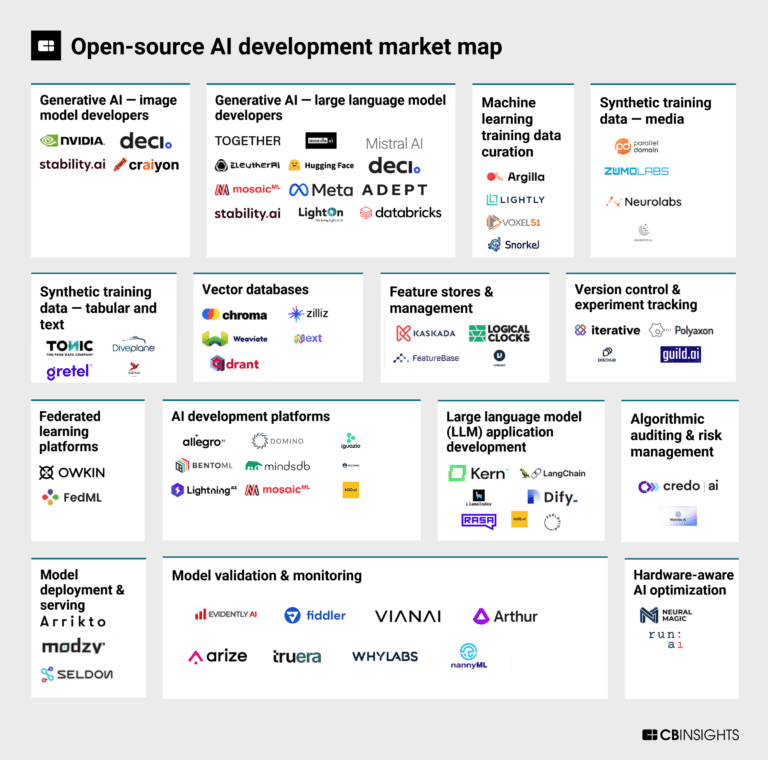
Oct 13, 2023
The open-source AI development market map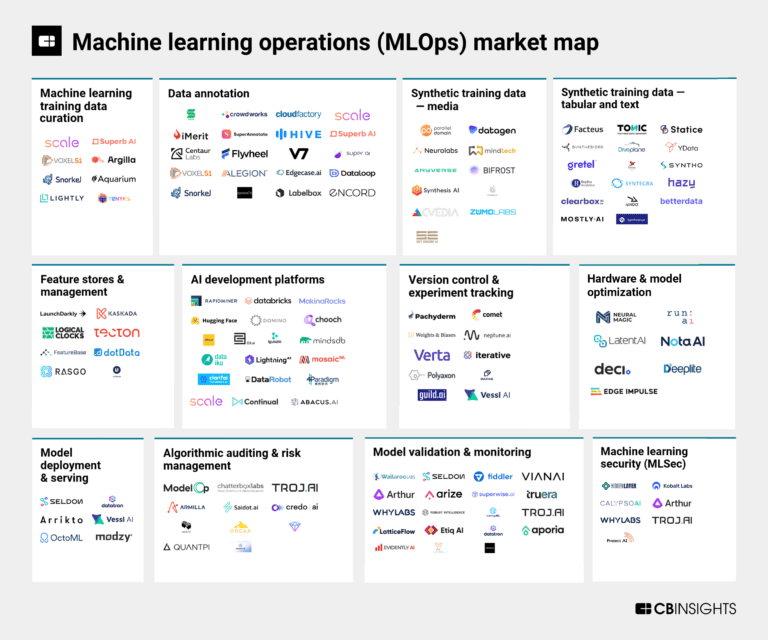
Sep 29, 2023
The machine learning operations (MLOps) market map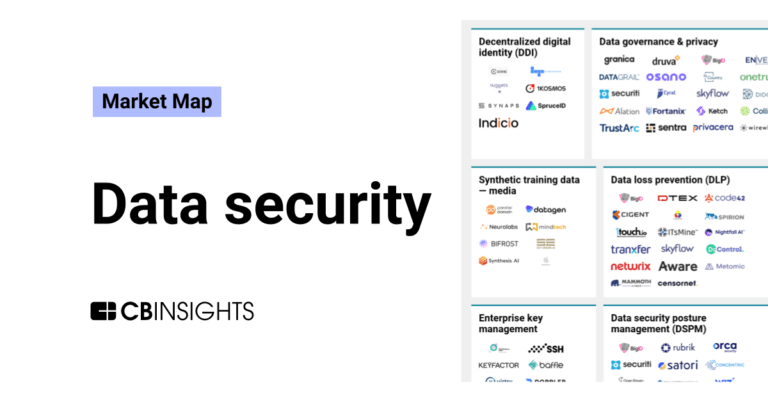
Sep 6, 2023
The data security market map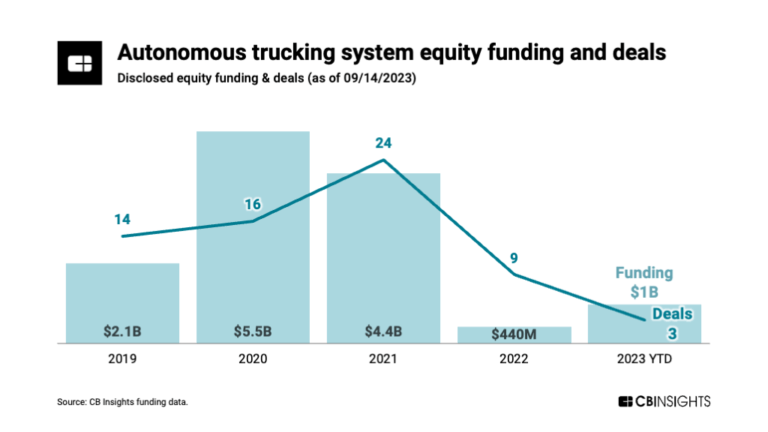
Aug 31, 2023
The responsible AI market mapExpert Collections containing Gretel
Expert Collections are analyst-curated lists that highlight the companies you need to know in the most important technology spaces.
Gretel is included in 4 Expert Collections, including Cybersecurity.
Cybersecurity
10,767 items
These companies protect organizations from digital threats.
AI 100
100 items
Generative AI
1,299 items
Companies working on generative AI applications and infrastructure.
Artificial Intelligence
7,632 items
Gretel Patents
Gretel has filed 1 patent.

Application Date | Grant Date | Title | Related Topics | Status |
|---|---|---|---|---|
7/31/2014 | 1/3/2017 | Information systems, Security technology, Access control, Computer security, Surveillance | Grant |
Application Date | 7/31/2014 |
|---|---|
Grant Date | 1/3/2017 |
Title | |
Related Topics | Information systems, Security technology, Access control, Computer security, Surveillance |
Status | Grant |
Latest Gretel News
Apr 1, 2025
Source: Shutterstock Fresh off the heels of its GTC 2025 conference, where Nvidia showcased its latest advancements in AI and accelerated computing, the company is continuing to make headlines with strategic expansion moves. Most recently, the chip manufacturer is reportedly in advanced talks to acquire Lepton AI , a startup that rents out Nvidia-powered servers for AI development. While neither company has officially commented, according to The Information, the deal is worth several hundred million dollars . Lepton AI was founded two years ago by Junjie Bai and Yangqing Jia, former researchers at Meta’s artificial intelligence lab. The pair played a key role in creating widely used AI tools, most notably contributing to PyTorch, the popular fully featured framework for building deep learning models. Source: Lepton AI Having raised a $11 million seed round in May 2023, Lepton AI is positioning itself as a go-to platform for developers needing on-demand access to Nvidia-powered servers. Meanwhile, competitors like Together AI have raised over $500 million in venture capital despite being just a year older. This contrast suggests that Nvidia may be willing to pay a premium for the strategic value of Lepton AI and would prefer to acquire a smaller player that it can shape and scale internally to meet its specific goals. Lepton AI has reportedly only 20 employees, however, the company has demonstrated notable operational efficiency and impact within the AI sector. The platform is optimized for AI workloads. The company claims it processes more than 20 billion tokens daily by a single deployment, maintaining 100% uptime. A standout feature is the platform's developer-first, fully integrated AI infrastructure, which combines high performance, ease of use, and cost efficiency. With a visual interface for configuring training clusters and the flexibility to select from a range of Nvidia GPUs, Lepton AI simplifies the process of assigning and managing computing resources across multiple projects efficiently. If Nvidia completes its acquisition of Lepton AI, the move will enhance its cloud-based AI solutions by giving customers more flexible and cost-efficient access to high-performance infrastructure. It would also allow Nvidia to more effectively counter growing competition from major cloud providers that are developing and deploying their own lower-cost AI chips. Interestingly, some of Lepton AI's features overlap with those of CoreWeave, one of Nvidia's key cloud customers and partners. This could create some friction within Nvidia's ecosystem, requiring a careful balancing act to make the most of both platforms without straining relationships. Reports of Nvidia’s interest in Lepton AI come just days after news emerged that the company had acquired synthetic data startup Gretel , known for its tools that generate privacy-safe training data for AI models. Source: Shutterstock There is no official word on the acquisition, however, reports suggest the transaction significantly exceeds Gretel’s most recent valuation of $320 million. It is expected that Gretel and its team of roughly 80 employees will be integrated into Nvidia’s broader AI and cloud services division. Synthetic data tools are becoming increasingly popular for developing and fine-tuning AI models in domains where real-world data remains limited. Nvidia’s move to acquire Gretel comes at a time when several key players in the industry, including OpenAI, Microsoft, and Meta are using synthetic data to train their flagship AI models. The acquisition will help Nvidia address data scarcity challenges in model training. While Nvidia doesn’t build or commercialize its own proprietary large language models (LLMs) like GPT or Gemini, it supports millions of developers and enterprises who do. Presuming the acquisition reports are correct, Nvidia will get to strengthen its position beyond hardware by embedding itself deeper into the AI development pipeline. This move adds more value to its hardware by bolstering the AI software and services layer. The Gretel acquisition aligns with Nvidia’s broader strategy to expand beyond hardware and become a full-stack enabler of AI development. During his keynote presentation at Nvidia’s annual developer conference, Huang remarked, “There are three problems that we focus on. One, how do you solve the data problem? How and where do you create the data necessary to train the AI? Two, what’s the model architecture? And then three, what are the scaling laws?” He went on to share how Nvidia is using synthetic data for its robotics platforms. Source: Gretel Huang also shared his views on synthetic data at the recent GTC event . “We’re using synthetic data generation. We’re using reinforcement learning,” he said. “We have AI working with AI, training each other, just like student-teacher debaters. All that is going to increase the size of the model, it’s going to increase the amount of data that we have, and we’re going to have to build even bigger GPUs.” Nvidia may be facing some challenges, such as growing competition, supply chain issues, and fluctuations in its stock price. Nevertheless, the acquisitions of Lepton AI and Gretel signal Nvidia's intent to expand its AI playbook by strengthening its position in model training, synthetic data generation, and end-to-end AI development. Related
Gretel Frequently Asked Questions (FAQ)
When was Gretel founded?
Gretel was founded in 2020.
Where is Gretel's headquarters?
Gretel's headquarters is located at 8910 University Center Lane, San Diego.
What is Gretel's latest funding round?
Gretel's latest funding round is Acquired.
How much did Gretel raise?
Gretel raised a total of $65.5M.
Who are the investors of Gretel?
Investors of Gretel include NVIDIA, Google Cloud Next, Microsoft for Startups Pegasus Program, Moonshots Capital, Greylock Partners and 5 more.
Who are Gretel's competitors?
Competitors of Gretel include Hazy, Rockfish Data, Aindo, Sarus Technologies, Synthesized and 7 more.
What products does Gretel offer?
Gretel's products include Gretel Synthetics and 2 more.
Loading...
Compare Gretel to Competitors

MOSTLY AI specializes in synthetic data generation for various business sectors and focuses on creating high-fidelity synthetic datasets. The company offers a platform that enables the generation, synthesis, and creation of data, ensuring privacy and compliance with regulations. MOSTLY AI's solutions cater to needs such as AI/ML development, data sharing, testing and QA, and self-service analytics, providing tools for data democratization and insights through a natural language interface. It was founded in 2017 and is based in Vienna, Austria.

YData specializes in enhancing data quality for data science and artificial intelligence applications within the technology sector. The company offers a platform for synthetic data generation, data quality profiling, and data-centric AI to improve AI model performance and ensure data privacy. It primarily serves sectors such as financial services, telecommunications, healthcare, and retail. The company was founded in 2019 and is based in Seattle, Washington.

Tonic AI specializes in data privacy and synthetic data generation within the software development sector. It offers a suite of tools for de-identifying and synthesizing realistic test data, ensuring compliance with data privacy regulations while maintaining data utility for development and testing. Tonic AI primarily serves sectors that require rigorous data privacy measures, such as healthcare, financial services, and e-commerce. The company was founded in 2018 and is based in San Francisco, California.
Dedomena operates in the fields of artificial intelligence and data science, focusing on synthetic data generation, data anonymization, and AI model enhancement. The company provides services that help businesses handle GDPR-compliant data. Dedomena's platform serves various industries, including banking and healthcare, by providing functionalities related to data management. It was founded in 2021 and is based in Madrid, Spain.

Synthesized specializes in API-driven data generation and automation for data-driven organizations. The company offers a platform that enables the creation, validation, and sharing data for analysis, model training, and software testing, with a focus on machine learning and quality assurance teams. Synthesized's solutions cater to various sectors, including software development, data analysis, and regulatory compliance. It was founded in 2018 and is based in London, United Kingdom.
CloudTDMS is a company focused on synthetic data generation within the cloud computing industry. It offers a platform that enables users to create realistic test data based on statistical properties, without sourcing from production environments. The company primarily serves sectors that require compliance with data protection regulations and the need for secure test data, such as healthcare, insurance, IoT, startups, and telecoms. It was founded in 2019 and is based in London, England.
Loading...

